
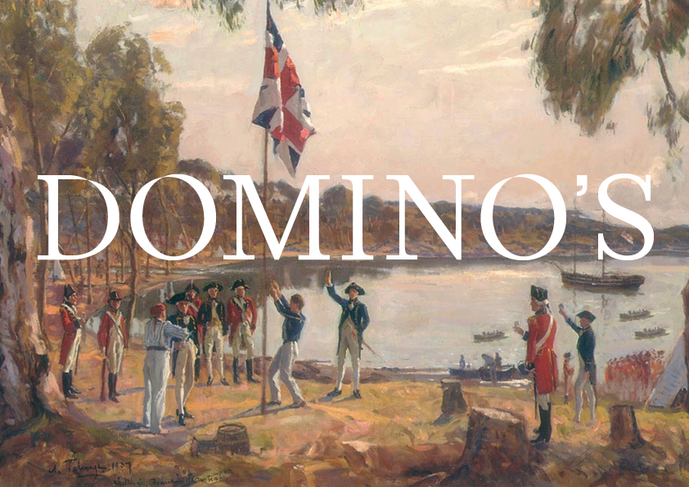
© Raffaele Geronazzo

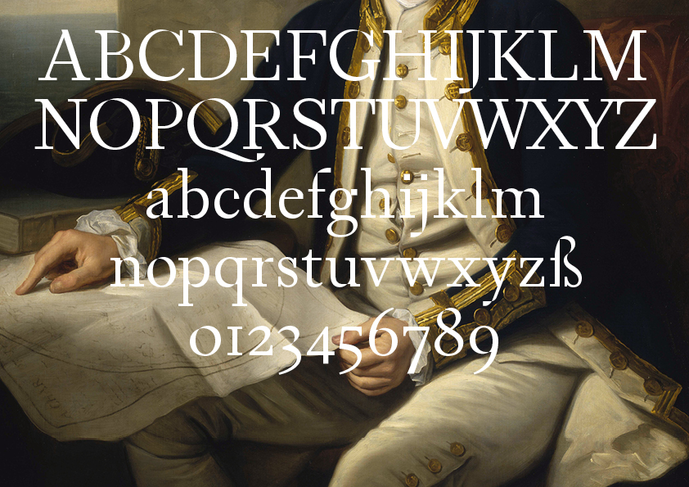
© Raffaele Geronazzo

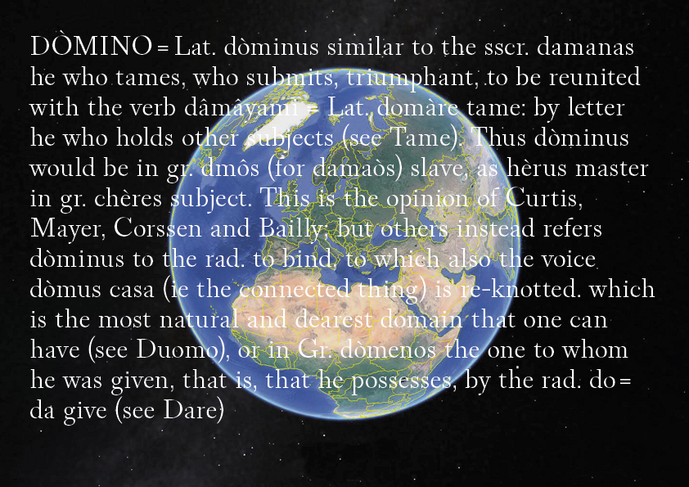
© Raffaele Geronazzo

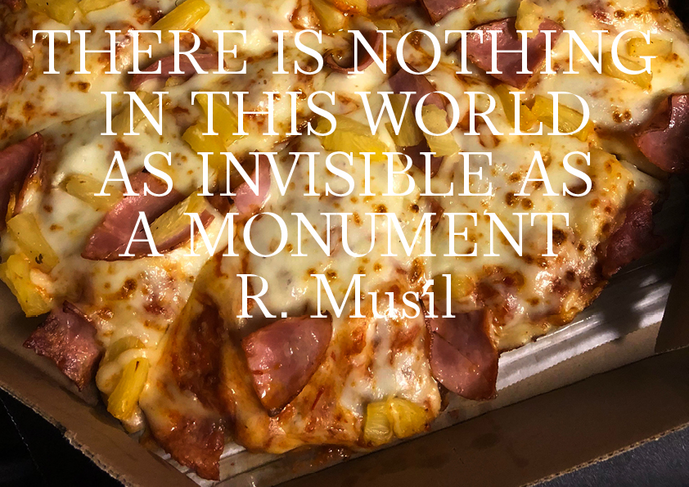
© Raffaele Geronazzo

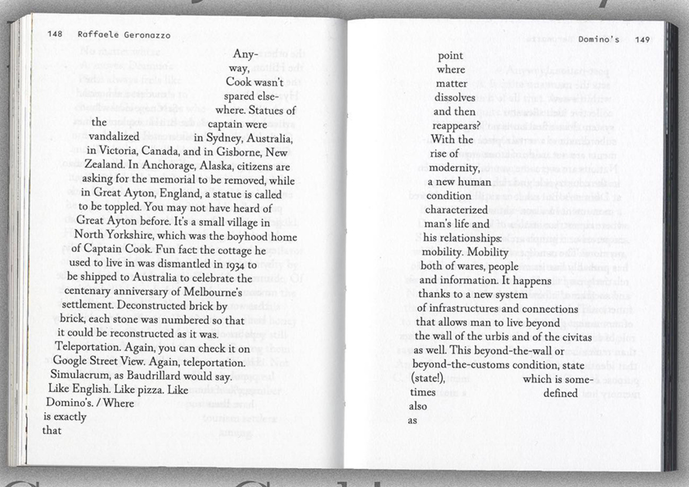
© Raffaele Geronazzo
No matter where A. moves, Domino's Pizza always feels like home. He only needs to check on Google Maps where the closest is. He could also easily order a pizza online while staying at home and check the delivery status in real-time.
This chain was among the first ones that equipped itself with online service and tracking possibility, already back in 2007. A. likes Domino's because he already knows how it works and what's on the menu. Today he takes a medium size Waikiki. He always takes a Waikiki – the one with pineapple – to fully get that warm and sunny flavor of that city. Of that city by the sea. Of that city by the sea dominated by a volcano on the west side. Of that city by the sea dominated by a volcano on the west side, exactly like Naples. His aunt and his uncle have been there, in Honolulu, for their honeymoon back in 1989. In their living room, they still have a picture hanging on the wall depicting them by the swimming-pool of the Trump Waikiki.
Not far from that hotel, other n-storey real estate monuments remember the postmodern mass tourism settlers: among the others, the Hilton, the Sheraton, the Hyatt. Only a modest memorial was built to the first non-local who arrived there in 1778, the British explorer James Cook. It's a little obelisk erected right where Cook was attacked and killed in 1779, while attempting to kidnap Kalni'opu'n-a-Kaiamama, the supreme monarch of the island. It is tiny, white, and bright. It's kind of cute, placed in a peaceful and beautiful bay. You can easily get an idea of how it looks and of the location by searching for it on Google Street View. Even because it is not accessible by road, only by water, which of course makes it quite unreachable.
This probably explains why the monument doesn't belong to the list of those that were removed, torn down, or vandalized last summer after George Floyd was killed by a police officer in Minneapolis on May 25, 2020. Together with the fact that native Hawaiians are actually only 5,5% of the entire population. The remaining 94,5% of the inhabitants have been imported. Anyway, Cook wasn't spared elsewhere. Statues of the captain were vandalized in Sydney, Australia, in Victoria, Canada, and in Gisborne, New Zealand. In Anchorage, Alaska, citizens are asking for the memorial to be removed, while in Great Ayton, England, a statue is called to be toppled.
You may not have heard of Great Ayton before. It's a small village in North Yorkshire, which was the boyhood home of Captain Cook. Fun fact: the cottage he used to live in was dismantled in 1934 to be shipped to Australia to celebrate the centenary anniversary of Melbourne's settlement. Deconstructed brick by brick, each stone was numbered so that it could be reconstructed as it was. Teleportation. Again, you can check it on Google Street View. Again, teleportation. Simulacrum, as Baudrillard would say. Like English. Like pizza. Like Domino's.
Where is exactly that point where matter dissolves and then reappears? With the rise of modernity, a new human condition characterizes man's life and his relationships: mobility. Mobility both of wares, people and information. It happens thanks to a new system of infrastructures and connections that allows man to live beyond the wall of the urbis and of the civitas as well. This beyond-the-wall or beyond-the-customs condition, state (state!), which is sometimes defined also as post-national, sets the man within a new collective identification system. Identification is no longer subordinate to a certain place and monuments are not made of stone anymore. Nations are overcome, you can be a citizen in the countryside and rich while eating at Domino's. But what can still be considered a monument in a non-nation-state era, where equestrian statues of kings and emperors or triumph arches are not erected anymore?
The concept of monument itself has probably lost its mnemonic function. It's relatively easy to remember nowadays; the mass and social media have acquired most of this function. Therefore, it can be said that the idea of monument gained more importance in the role of creating a sense of collective identity rather than remembering a specific event. It is also true that identity has always been the final purpose of monuments, and memory just a means. Anyway, A. is quite unaware of much of all that. As well as A. is quite unaware that Domino's Pizza was founded in Michigan in 1961 by two brothers as a three-store chain that now has reached the number 17,000 stores spread all around the globe, which makes it the biggest pizza chain in the world. But this was already implied in its name. Domino, from Latin dòminus, similar to the Sanskritie damanas, meaning he who domes, who rules, who enslaves. But are those cheesy, oily, whatever-topped pizzas trojan horses fighting for or against the English empire? Now the medium-sized Waikiki is ready and the pizza man arrives with the pizza to take away. A. pays. The pizza man apparently is not a local, his badge says 'B.'. But neither is A. Neither were C., D., E., F. G., or H.
Developed in the seminar "Collective Original" winter semester 2020/21
Supervision: Katharina Köhler